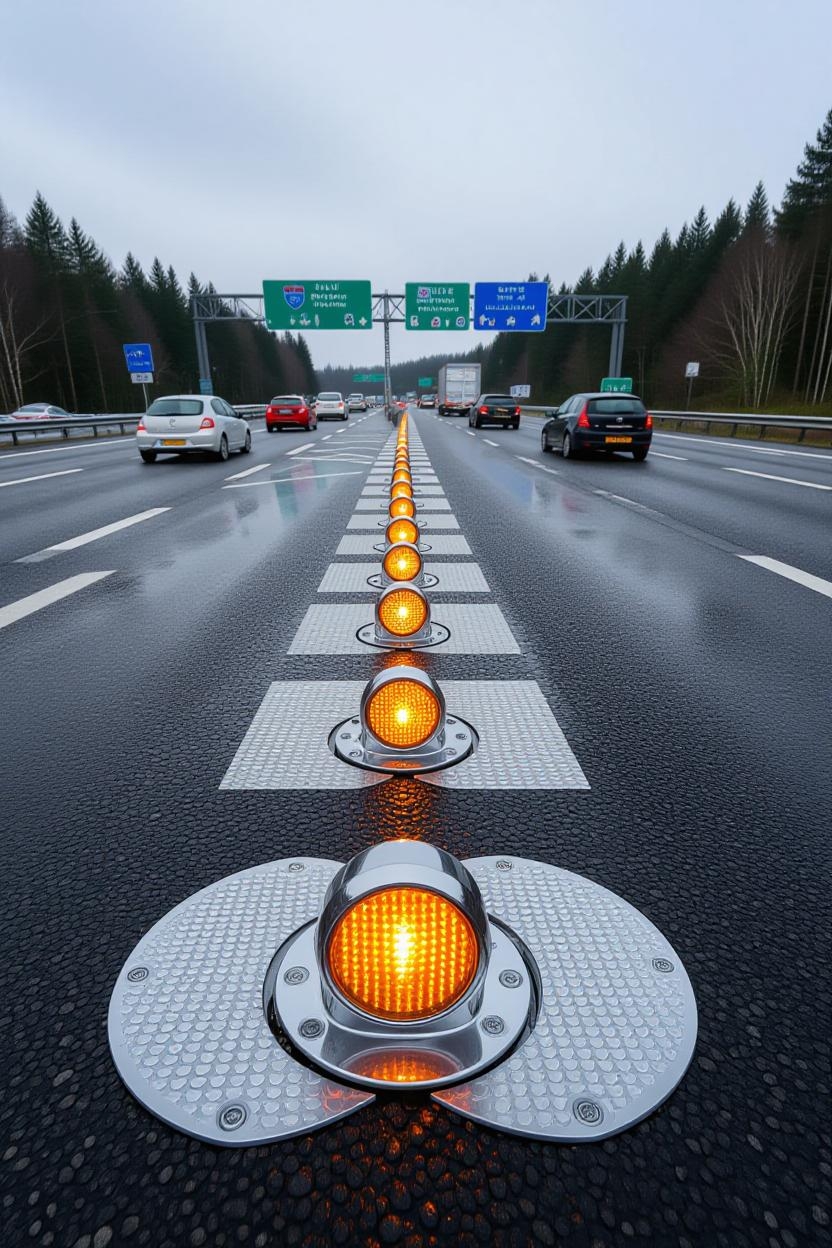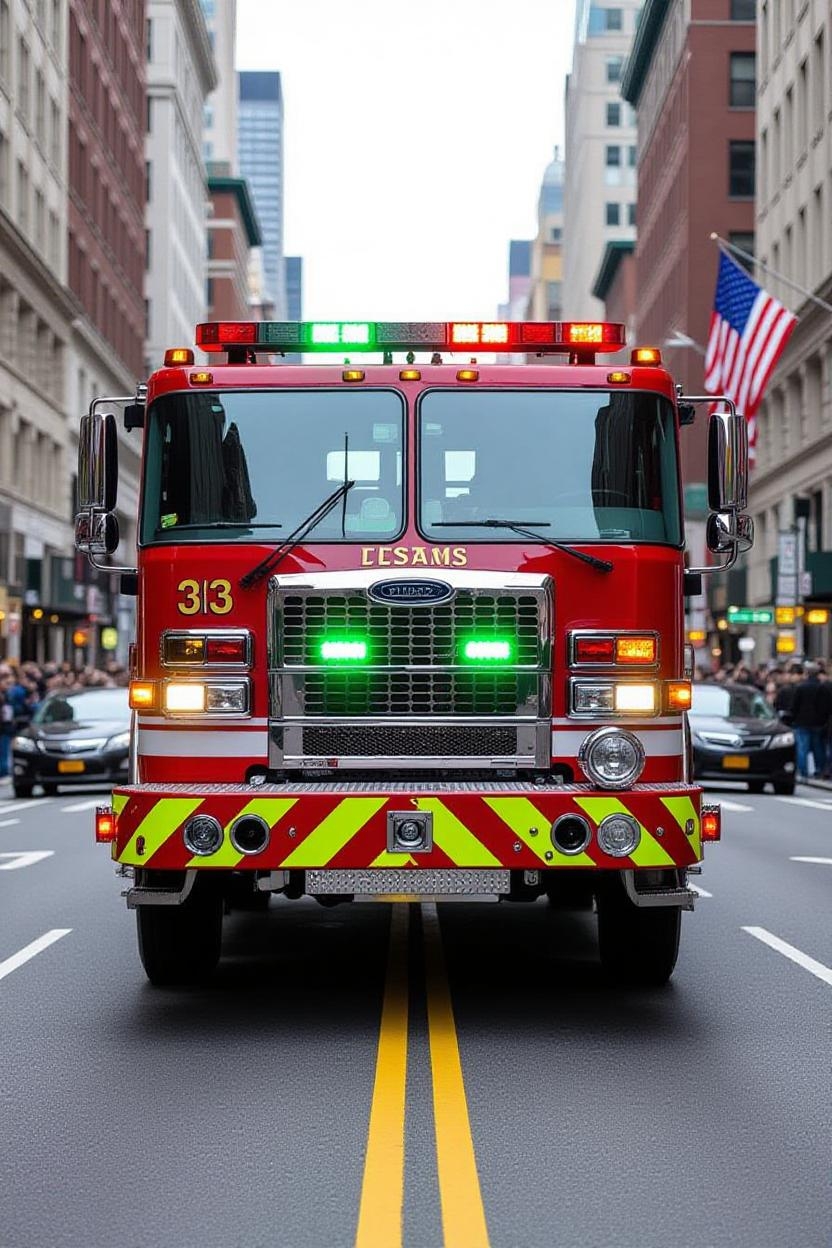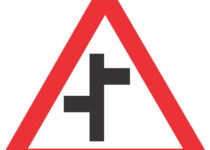How Do You Beat A Traffic Ticket Easily
Getting pulled over and handed a traffic ticket can be frustrating, expensive, and even damaging to your driving record.
Whether it’s for speeding, running a red light, or an unexpected stop sign violation, many people just pay the fine and move on without realizing they might actually have a chance to fight the ticket and win.
But here’s the good news: You don’t have to automatically accept a ticket as final. There are legitimate ways to beat a traffic ticket, reduce the fine, or even get it dismissed entirely — all without hiring an expensive attorney.
In this guide, we’ll break down: The steps to take immediately after receiving a ticket, common defenses that actually work, mistakes that could hurt your case, and when it might be smarter to just pay the fine.
Before you reach for your wallet or panic about court, read this first — it might just save you time, stress, and hundreds of dollars.
How Do You Beat A Traffic Ticket? A Step by Step Guide.
Getting a traffic ticket doesn’t always mean you’re automatically guilty or have to pay the fine. With the right strategy, you might be able to reduce the penalty or beat the traffic ticket altogether.

Here’s how:
1. Don’t Admit Guilt at the Traffic Stop
When the officer pulls you over:
- Be polite and cooperative.
- Do not admit guilt (e.g., saying “I was speeding”).
- Anything you say can be used against you in court.
- Ask what you’re being cited for, and say as little as possible otherwise.
2. Check the Ticket for Errors
Small clerical mistakes can sometimes get a ticket dismissed. Look for:
- Wrong date, time, or location
- Incorrect vehicle description
- Misspelled name or license plate
- Missing officer signature or badge number
Even if it’s minor, bring it up in court — it might help.
3. Understand the Law You Allegedly Broke
Look up the specific traffic code on your ticket. Understand:
- What the law actually says
- If there are exceptions or technicalities that apply to your situation
Many people find that the law is more nuanced than what the officer said on the scene.
4. Gather Evidence
Collect anything that supports your case:
- Photos of the area (e.g., missing signs, unclear lines)
- Dashcam footage (if available)
- Witness statements
- GPS data or speed tracking
Your goal: create reasonable doubt about the accuracy or fairness of the traffic ticket.
5. Request a Court Date
In many places, simply contesting the ticket in court gives you a better shot:
- Officers don’t always show up — if they don’t, your ticket may be dismissed
- You may be offered a plea deal or reduced charge
Also, rescheduling the court date might increase your chances that the officer won’t appear.
6. Prepare a Defense
Here are some common defenses that actually work:
🛑 Lack of Proper Signage
- No speed limit signs, unclear lane markings, or obstructed stop signs
🛑 Faulty Equipment
- Radar guns or red-light cameras not properly calibrated or maintained
🛑 Mistaken Identity
- Your car was confused with another similar vehicle
🛑 Necessity or Emergency
- You broke the law for a good reason (e.g., avoiding an accident or medical emergency even if your traffic ticket is a misdemeanor).
7. Be Professional in Court
- Dress appropriately and speak respectfully
- Stick to the facts — don’t get emotional
- Present your evidence clearly
If the officer doesn’t appear, ask the judge to dismiss the ticket
8. Consider Traffic School or a Plea Deal
In some cases, you may not beat the ticket — but you can still:
- Avoid points on your license
- Get the fine reduced
- Keep the violation off your record
Ask the judge about traffic school or deferral programs in your state.
Mistake That Could Hurt Your Case When Trying To Beat A Traffic Ticket?
When trying to beat a traffic ticket, certain common mistakes can seriously hurt your chances in court, even if you’re otherwise in the right.
Here are the top mistakes that could hurt your case:
1. Admitting Guilt at the Traffic Stop
Saying things like:
- “I didn’t see the sign.”
- “I was only going a little over.”
- “I’m sorry, I was in a rush.”
These may seem harmless, but they can be used against you in court as an admission of guilt, making it nearly impossible to argue your case later.
2. Arguing With the Officer on the Scene
Acting confrontational or aggressive won’t help your case.
- It may be noted in the police report, and that can sway the judge’s perception.
- Instead, remain calm and respectful — save your arguments for court.
3. Not Showing Up to Court
- Missing your court date almost always results in an automatic guilty verdict and additional fines or penalties.
- If you can’t make it, request a continuance ahead of time.
4. Failing to Prepare Properly
Showing up with no defense and hoping to “wing it” is a fast way to lose your case. You should:
- Know the exact code violation you’re being charged with.
- Bring any evidence, like photos or dashcam footage.
- Have a clear story of why the citation was incorrect or unfair.
5. Not Reviewing the Ticket for Errors
Even small errors — like the wrong date, vehicle model, or license plate — could be grounds for dismissal. Failing to check for those details is a missed opportunity.
6. Assuming the Officer Will Not Show Up
- It’s true that if the officer doesn’t appear, the ticket may be dismissed — but don’t rely on that. Always come prepared to present your defense as if the officer will be there.
7. Providing Inconsistent Testimony
- If your story changes between your ticket, your court appearance, and any documents you submit, it can weaken your credibility. Stick to the facts and stay consistent.
8. Being Overly Emotional or Disrespectful in Court
- Acting angry, sarcastic, or argumentative can turn the judge against you.
- Even if your case is strong, poor behavior can result in a less favorable outcome.
9. Ignoring Alternative Options
Sometimes, beating the ticket entirely isn’t realistic. But if you ignore options like:
- Traffic school
- Deferred adjudication
- Plea bargains
…you might miss the chance to keep the violation off your record or reduce your fine.
10. Not Hiring a Lawyer When You Really Need One
If your ticket could result in:
- License suspension
- High fines or insurance hikes
- A criminal offense like reckless driving
…it may be a serious mistake not to get professional help. A good traffic attorney can often get the charge reduced or dismissed — especially if you’re not familiar with courtroom procedures.
When Is It Smarter To Pay Traffic Ticket Fine?
Paying a traffic ticket fine isn’t always the wrong move — in fact, sometimes it’s the smartest option, depending on your situation.

Here’s a clear guide on when it’s better to just pay the fine instead of fighting it:
1. You Know You’re Clearly Guilty
If:
- You were definitely speeding or ran a red light
- There’s clear evidence (like dashcam footage or a traffic camera)
- You don’t have a valid defense (no emergencies, no equipment failure, no mistaken identity)
Then fighting it might be a waste of time, and paying can resolve it quickly.
2. The Fine Is Low and Won’t Affect Your Record Much
If the citation:
- Is a minor infraction
- Comes with no points or offers traffic school to keep it off your record
- Won’t increase your insurance premium
Then paying the fine (especially with traffic school) might be cheaper and easier than taking time off work, gathering evidence, or going to court.
3. Fighting the Ticket Would Cost More (Time or Money)
Sometimes, the cost of fighting the ticket — including:
- Missing work for court
- Hiring a lawyer
- Spending hours preparing a case
— ends up costing more than just paying the fine, especially for non-serious violations.
4. You Qualify for Traffic School or Deferral Program
Many states allow you to:
- Pay the fine
- Attend traffic school (online or in person)
- And avoid points or insurance hikes
This is often better than gambling in court, especially if you don’t have a strong defense.
5. It’s a First Offense
- Courts are sometimes more lenient with first-time offenders. If you’ve got a clean record, paying the fine and moving on — especially with options to keep your record clean — may be smarter than going through the full legal process.
6. The Officer Has Strong Evidence
If the officer has:
- Radar/lidar confirmation
- Video evidence
- Witnesses
— and you have no counterevidence, paying might be your best move.
Summary
Beating a traffic ticket takes preparation and confidence, but it’s absolutely possible — especially if you stay calm, know your rights, and use the law in your favor.
Even if you don’t get it dismissed, you can often walk away with a reduced fine, no points, or a clean record.


